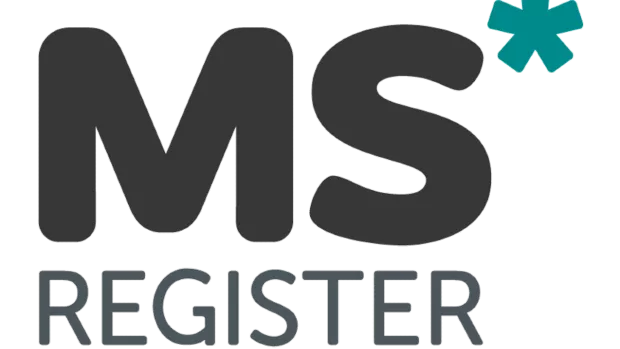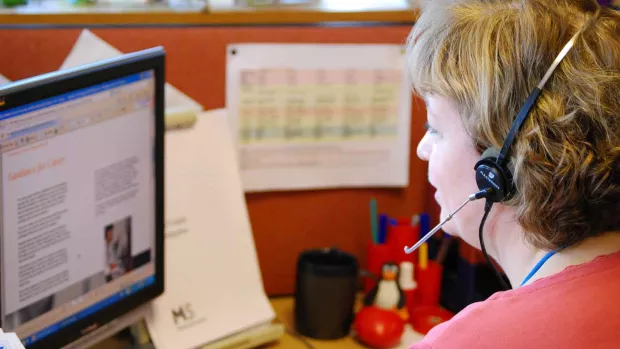
The launch of the MS Pregnancy Register
I’m Manisha Chandarana, a stay-at-home mother of one daughter. I’m passionate about helping women with MS, especially those who are facing challenges in their journey to become a mother. I spoke to Dr Ruth Dobson about how her project will help women with MS during pregnancy.
I was diagnosed with relapsing MS in 2011. From 2017 to 2019, I had a difficult journey to fall pregnant. I had MS to deal with and faced a number of fertility problems. I had three rounds of IVF, several failed embryo transfers and two miscarriages. I finally had a full-term pregnancy and gave birth to my daughter in November 2019.
During this time, I noticed the lack of research and easily accessible information surrounding pregnancy for women with MS. Dr Ruth Dobson, an MS specialist neurologist at The Royal London Hospital (Barts Health NHS Trust) and researcher at Queen Mary University, London, is working to change this.
Growing interest in women with MS and pregnancy
After returning to work following her second maternity leave, Ruth became more interested in the care of women with MS before, during and after pregnancy. She realised there was an information gap for doctors and patients which needed filling. In particular, there was confusion around prescribing disease modifying therapies (DMTs) for women along the entire pregnancy journey.
The information available was disjointed and inconsistent. I also experienced this during my pregnancy. So Ruth became involved in writing the Association of British Neurologists guidelines for the treatment of MS around pregnancy.
The guidelines are open access, so anybody can access them. They can help women to feel more empowered when speaking with their neurologists.
The start of the MS Pregnancy Register
The seed of an idea had started to grow. Ruth began developing the MS Pregnancy Register. It attempts to capture information about:
- women with MS in the UK
- their pregnancies and postpartum period
- how they're treated within healthcare settings
- where they go to get their information
She saw it as a two-way project where both clinicians and patients would benefit.
She brought together neurologists from across the UK, Scotland and Northern Ireland with a similar interest in the care of pregnant women with MS. They successfully raised funds to start the project. They also secured ethical approval, which is particularly important for a sensitive topic that includes infertility, pregnancy loss and postpartum depression. Although the COVID-19 pandemic halted the project for a while, the register was launched earlier this year.
Encouraging feedback
Women with MS who were already on their fertility journey have been involved in how the register has been created. They provided feedback on the questions the register should be asking to ensure it captures information relevant to both patients and doctors.
Feedback from participants and neurologists has been overwhelmingly positive so far. With many saying "about time something like this was created!"
What next?
The next step is to create a formal patient involvement group to help direct the Pregnancy Register and its future strategy.
Ruth’s vision is for improved care and advice for women with MS. She wants the register to provide them with reliable and digestible information. Advice around DMTs and their safety during a pregnancy journey is the register’s top priority, as it’s one of the most common questions asked by women with MS.
How to get involved
Many people getting involved realise the MS Pregnancy Register may not necessarily help them. But will help people with MS in the future.
Sign up to fill in surveys about your pregnancy
If you want to participate in the register, the only criteria is that you live with MS in the UK and are pregnant. You’ll need online access to fill in the survey which is hosted by the UK MS Register
If you participate, you'll be followed up for a year after you give birth, and then again when your child is 4 or 5 years old. However, Ruth would love to see this extended, as the impact of pregnancy is long term.
Sign up to the UK MS Pregnancy Register.
Get involved in focus or steering groups
If you’d like to be involved in any of the project’s focus groups or steering groups, you can contact the MS Register by email at [email protected]



